March 3, 2014
World Green Building Council to quantify productivity benefits of sustainability
 In an attempt to broaden the business case for sustainable building, the World Green Building Council has launched a new initiative to define the productivity and wellbeing benefits associated with low carbon and sustainable property. The initiative, launched ahead of this week’s Ecobuild conference in London, will be steered by a group of experts who will produce a final report later in the year. The premise of the study is to show that, as well as cutting costs and improving environmental performance, green buildings have a beneficial effect on the health, wellness and productivity of occupants. According to the announcement, around 85 per cent of an average organisation’s costs are associated with salaries and other costs of employment so a modest improvement in productivity can have a huge impact.
In an attempt to broaden the business case for sustainable building, the World Green Building Council has launched a new initiative to define the productivity and wellbeing benefits associated with low carbon and sustainable property. The initiative, launched ahead of this week’s Ecobuild conference in London, will be steered by a group of experts who will produce a final report later in the year. The premise of the study is to show that, as well as cutting costs and improving environmental performance, green buildings have a beneficial effect on the health, wellness and productivity of occupants. According to the announcement, around 85 per cent of an average organisation’s costs are associated with salaries and other costs of employment so a modest improvement in productivity can have a huge impact.








 An innovative little box that resembles a Rubik’s cube is making its way into corporate workspaces to assist facilities managers and HR teams gauge energy consumption and monitor the building’s efficiency, as well as track air quality, temperature and overall comfort of their physical surroundings. It’s all about better buildings. If individuals feel good in their workplace, they’re more likely to care about (and take care of) the buildings where they spend a large part of their days. And to ensure that the sample is truly representative, each individual can have a lightweight and portable
An innovative little box that resembles a Rubik’s cube is making its way into corporate workspaces to assist facilities managers and HR teams gauge energy consumption and monitor the building’s efficiency, as well as track air quality, temperature and overall comfort of their physical surroundings. It’s all about better buildings. If individuals feel good in their workplace, they’re more likely to care about (and take care of) the buildings where they spend a large part of their days. And to ensure that the sample is truly representative, each individual can have a lightweight and portable 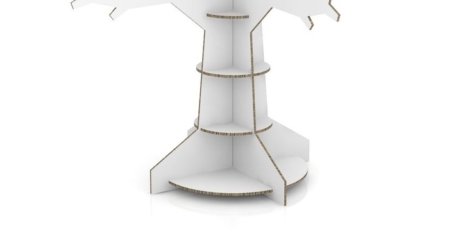




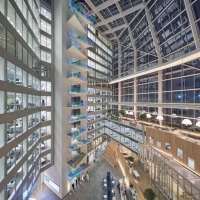
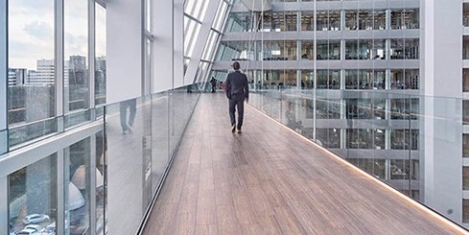
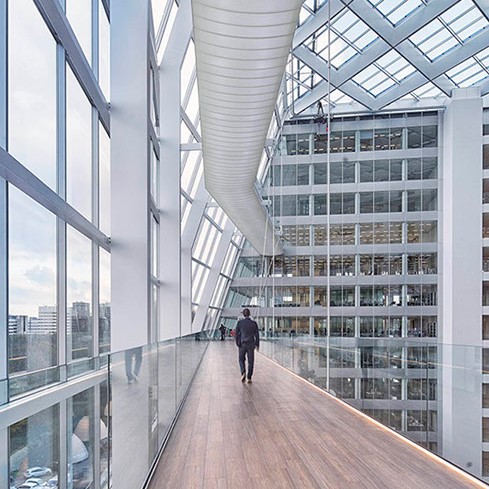





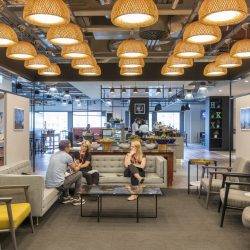
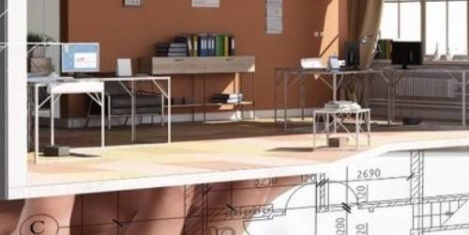










October 29, 2014
The business case for green building widens to cover wellness and productivity
by Alison Kitchingman • Comment, Environment, Facilities management, Workplace design
More →